The run-up to Oscar season sees pandemonium unfold in the film community: what film is deserving of what? Will this film by that director get snubbed? And how did that actor, who was far better in that other movie that no one cared about, manage to win Best Actor over that other actor, who delivered a career-best performance? The politics of it are so convoluted and subjective that we wouldn’t blame you for tuning out of the discourse and, you know, just wanting to watch some movies.
Sometimes it all works out alright in the end anyway. Remember when we got the masterful, one-two punch of Parasite and Nomadland deservingly winning Best Picture? Then we had to suffer through the discourse around CODA and, with its divisive win, Everything Everywhere All at Once?
With the Golden Globes announcing their nominations — surprising but welcome inclusions include Timothée Chalamet for Wonka and Cailee Spaeny for Priscilla – marking out the frontrunners for 2024, it feels like the big hitters are finally upon us. So you can make up your own mind, here are the movies we think will be in the running for Oscar glory come March 2024, from operatic dramas about race and social class to twisted and colourful campus movies.
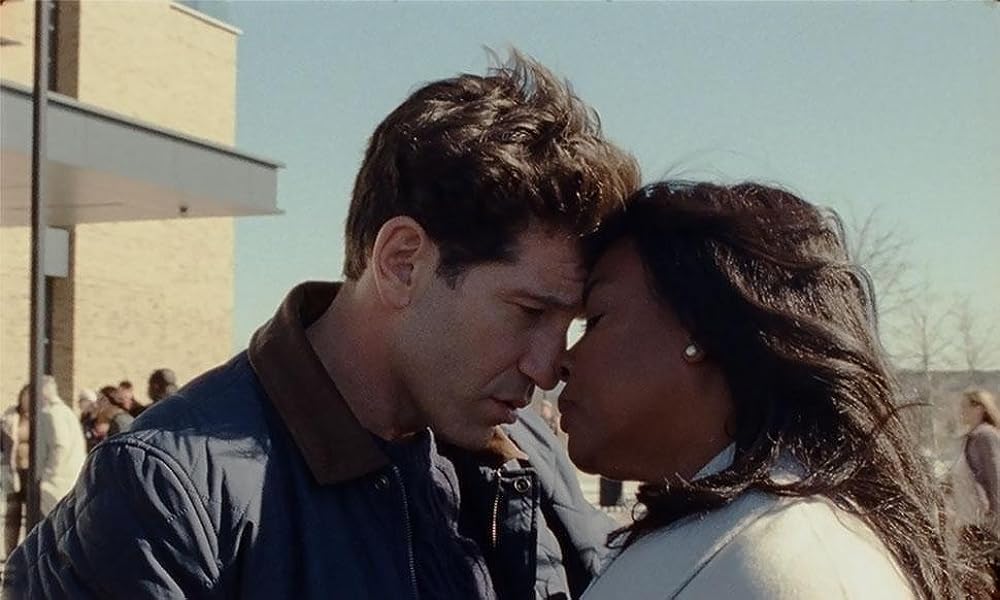
Origin, dir. Ava Duvernay
Audiences at this movie’s Venice Film Festival world premiere were quite split on this audacious film, that blended fact and fiction. It follows a writer in crisis who traverses the globe to write the novel Caste: The Origin of Our Discontents — a real life book that was released in 2020 that dealt with the still-prevalent effects of slavery in the US. Aunjanue Ellis, who earned an Oscar nomination for her role in King Richard, is set to earn another nomination for her lead role in this.
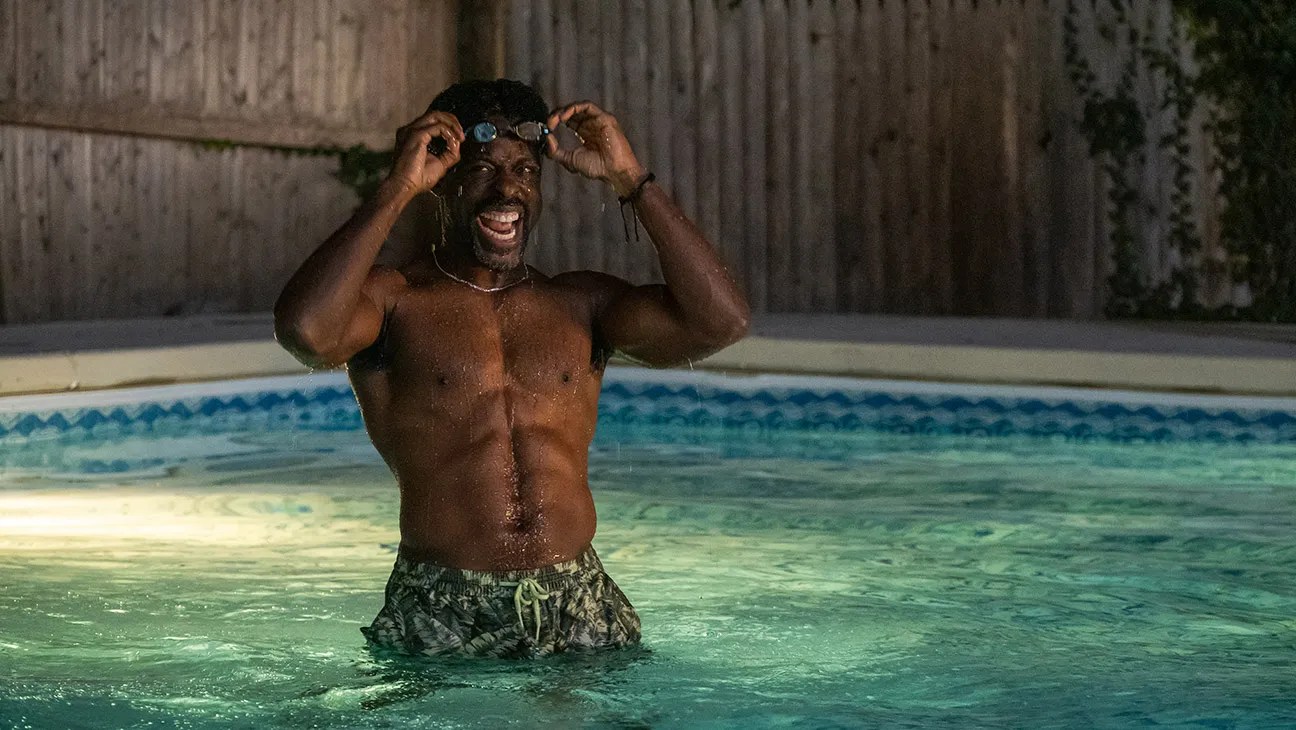
American Fiction, dir. Cord Jefferson
A relatively recent entry to the Oscar marathon, this literary satire on race in America just won the People’s Choice Award at Toronto Film Festival. The last 11 winners of that prize have earned Best Picture nominations, if not wins. American Fiction follows Monk, a writer disillusioned by the way American readers consume Black stories, ignoring the valuable ones in favour of those that play with old-fashioned tropes. As an experiment, he writes a novel under a pseudonym that leans into every stereotype he so deeply loathes.
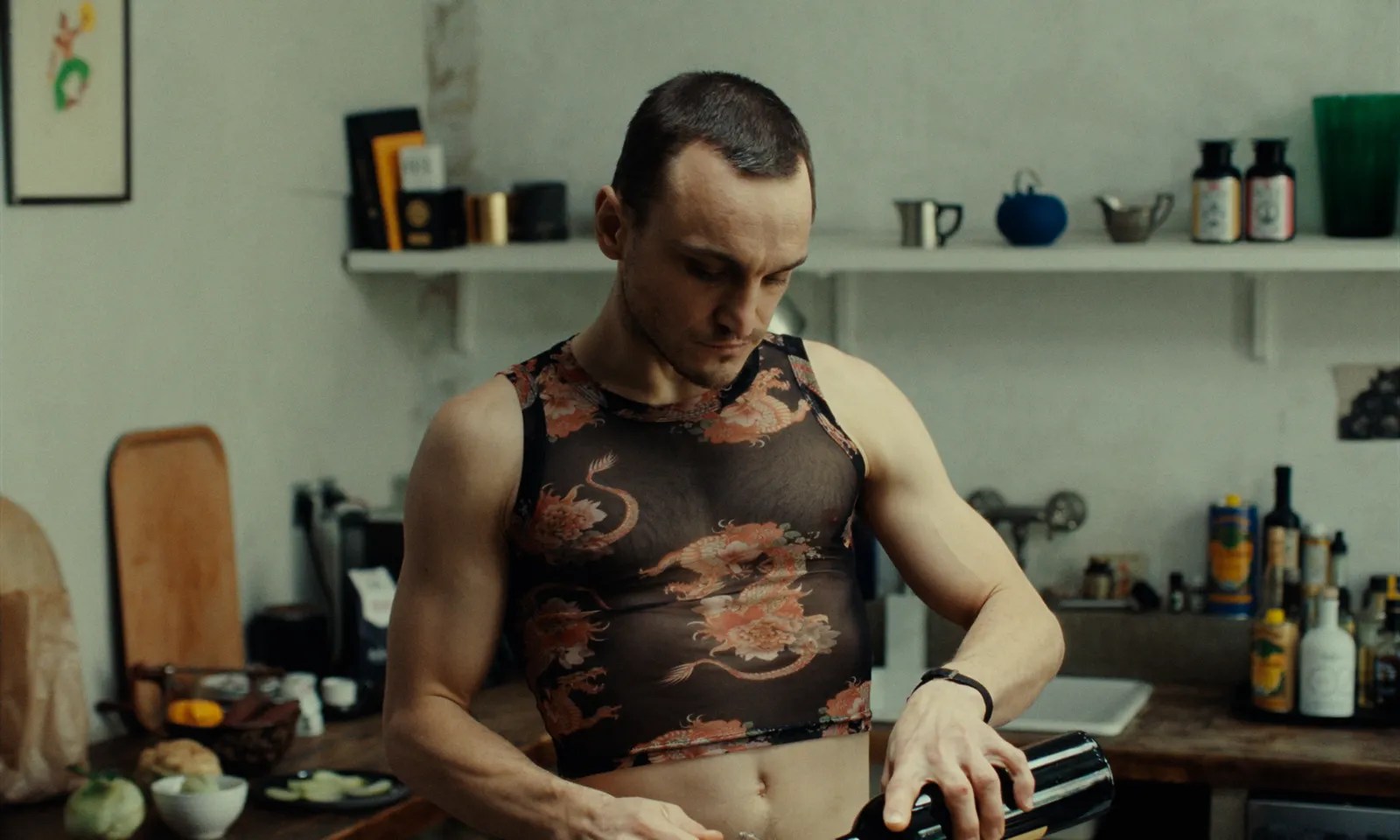
Passages, dir. Ira Sachs
A bisexual movie that made audiences feral and horny this summer, Ira Sachs’ drama Passages captures a charismatic bisexual movie director, the affair he has with a woman, and how that tragically impacts his pre-existing relationship with his boyfriend. The film that rightfully made Franz Rogowski a star, with two stellar performances from Ben Whishaw and Adèle Exarchopoulos.

Anatomy of a Fall, dir. Justine Triet
This year’s Palme d’Or winner at Cannes was a Switzerland-set courtroom drama about a woman accused of the murder of her husband in their snowy mountain home. Twisty and compelling, it stars Sandra Hüller of Toni Erdmann fame in the central role, and plays the very smart card of not showing us the titular ‘fall’, meaning you spend the whole film trying to figure out if its protagonist is violent or misunderstood.

Past Lives, dir. Celine Song
Celine Song’s smart and lyrical debut feature has been stunning audiences since its first screening at Sundance back in January. Set across three different decades, it follows Nora, a screenwriter, and her traditionalist childhood crush Hae Sung as time and geographical distance pulls them apart and brings them back together again. Now, it’s one of the few films that’s been granted a SAG-AFTRA waiver, meaning its actors — particularly Greta Lee, who deserves a nomination for her central performance — are allowed to campaign for awards season. Expect more nominations alongside that.
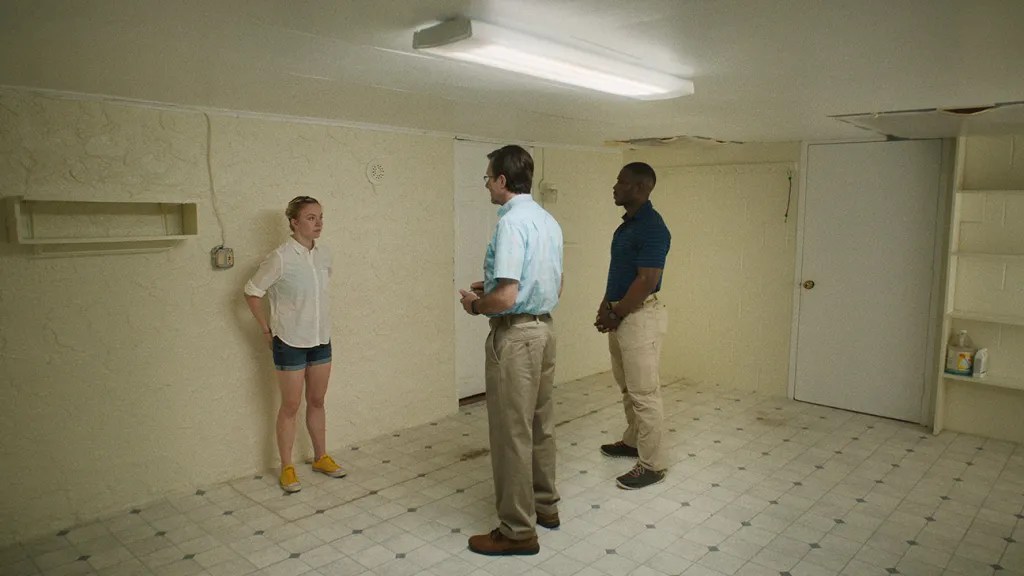
Reality, dir. Tina Satter
Based on the real life story of Reality Winner, this Berlinale-premiering film follows the interrogation of the American whistleblower, who leaked documents that revealed Russian interference in the 2016 US presidential elections. Sydney Sweeney won acclaim for her performance in the titular role.

The Holdovers, dir. Alexander Payne
After his wishy-washy Borrowers-esque movie Downsizing undid a lot of the goodwill audiences and the Academy had for Alexander Payne’s work, his new one seems to be a promising comeback. The Holdovers, set in early 70s Vermont, follows a high school teacher played by Paul Giamatti who is asked to look after the students who can’t return home for the Christmas season. There, he bonds with a teenage lad who recently lost his father. A likely candidate for awards across the board.

Saltburn, dir. Emerald Fennell
Rumour has it that the director of Promising Young Woman’s new one is a raucous spectacle, about a young working class man who becomes besotted by the lifestyle of the posh jock in his British boarding school, leading him to spend a summer at his country boarding house. The trailer makes it seem like a shoe-in for cinematography and production design prizes, while Barry Keoghan earned a nomination for Best Supporting Actor last year. He may break into the lead in 2024.
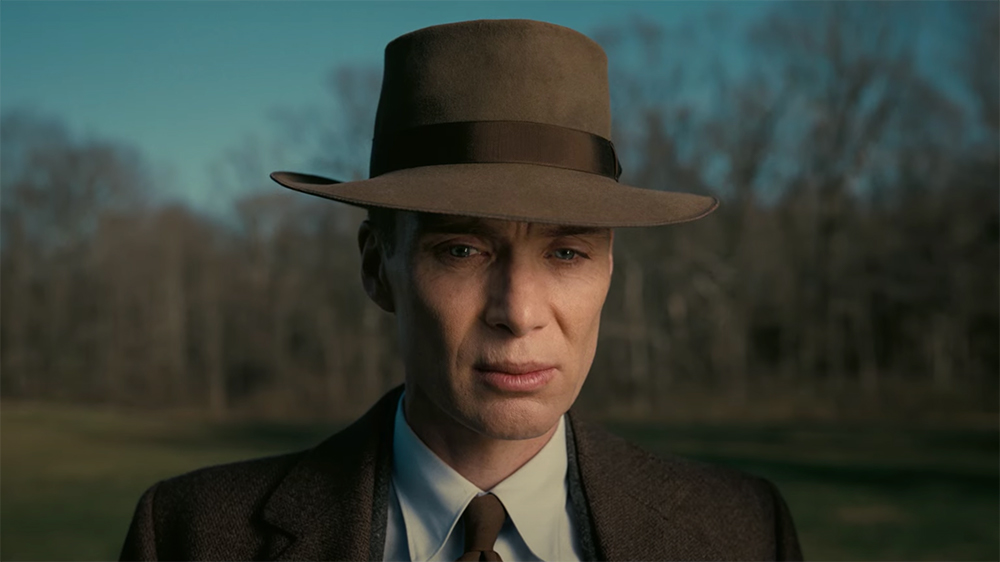
Oppenheimer, dir. Christopher Nolan
Christopher Nolan’s three-hour bio-epic tracked a set time period in the life of the man responsible for bringing weapons of mass destruction to the world. It was so earthshakingly impressive to audiences — the opposite of anodyne Marvel content — that they kept coming back: it’s on track to become the highest grossing biopic of all time. Widely cited as one of Nolan’s masterpieces, and one of the movies to help bring back cinemas (well, this and Barbie), it’s the likely one to beat.
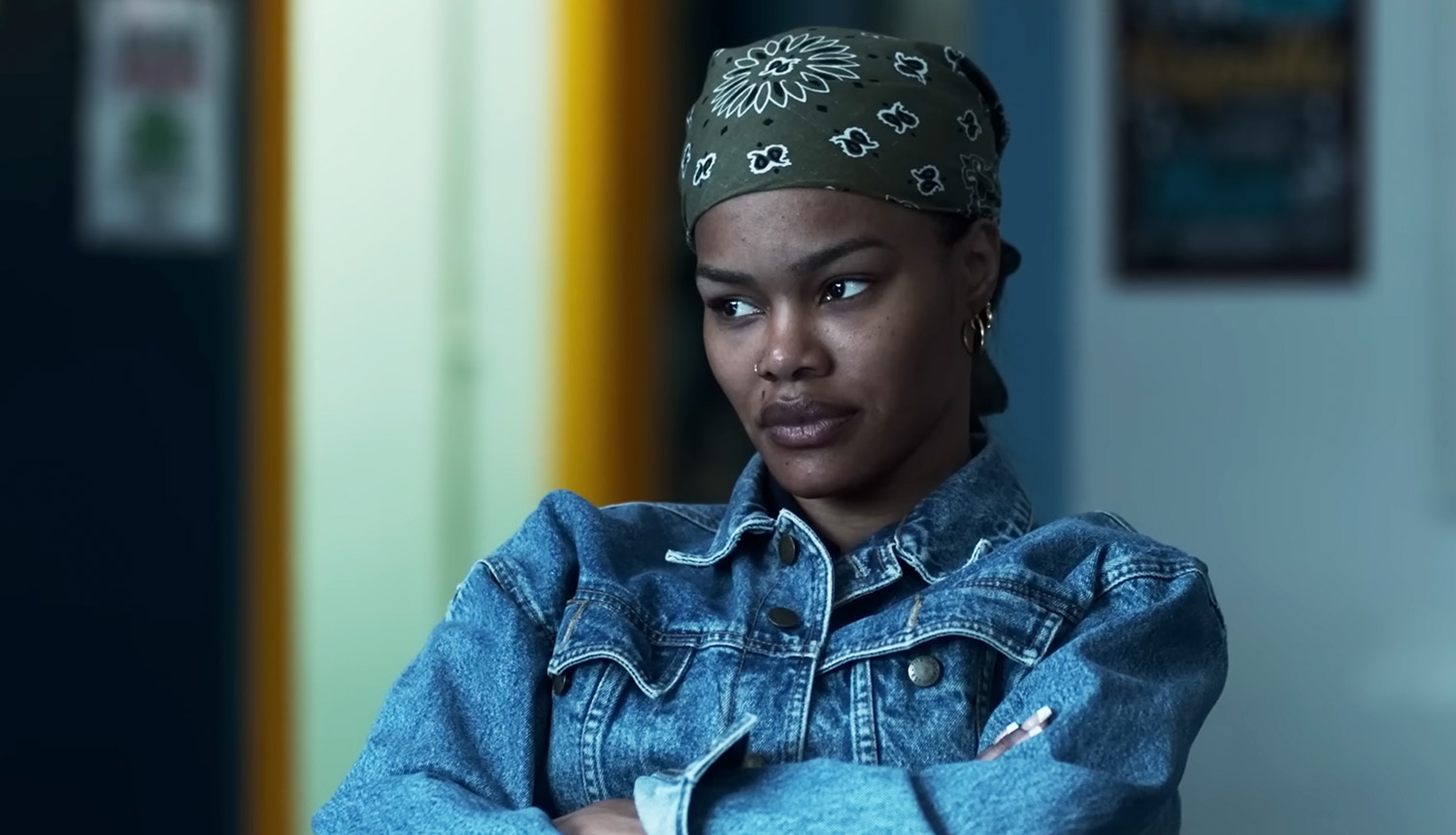
A Thousand and One, dir. A.V. Rockwell
Teyana Taylor won critical acclaim for A Thousand and One when it bowed at Sundance Film Festival back in January, where it won the Grand Jury Prize. Teyana plays Inez, a mother who chooses to kidnap her 6-year-old son from foster care and raise him in their home city of New York, hiding from view as it changes around them.
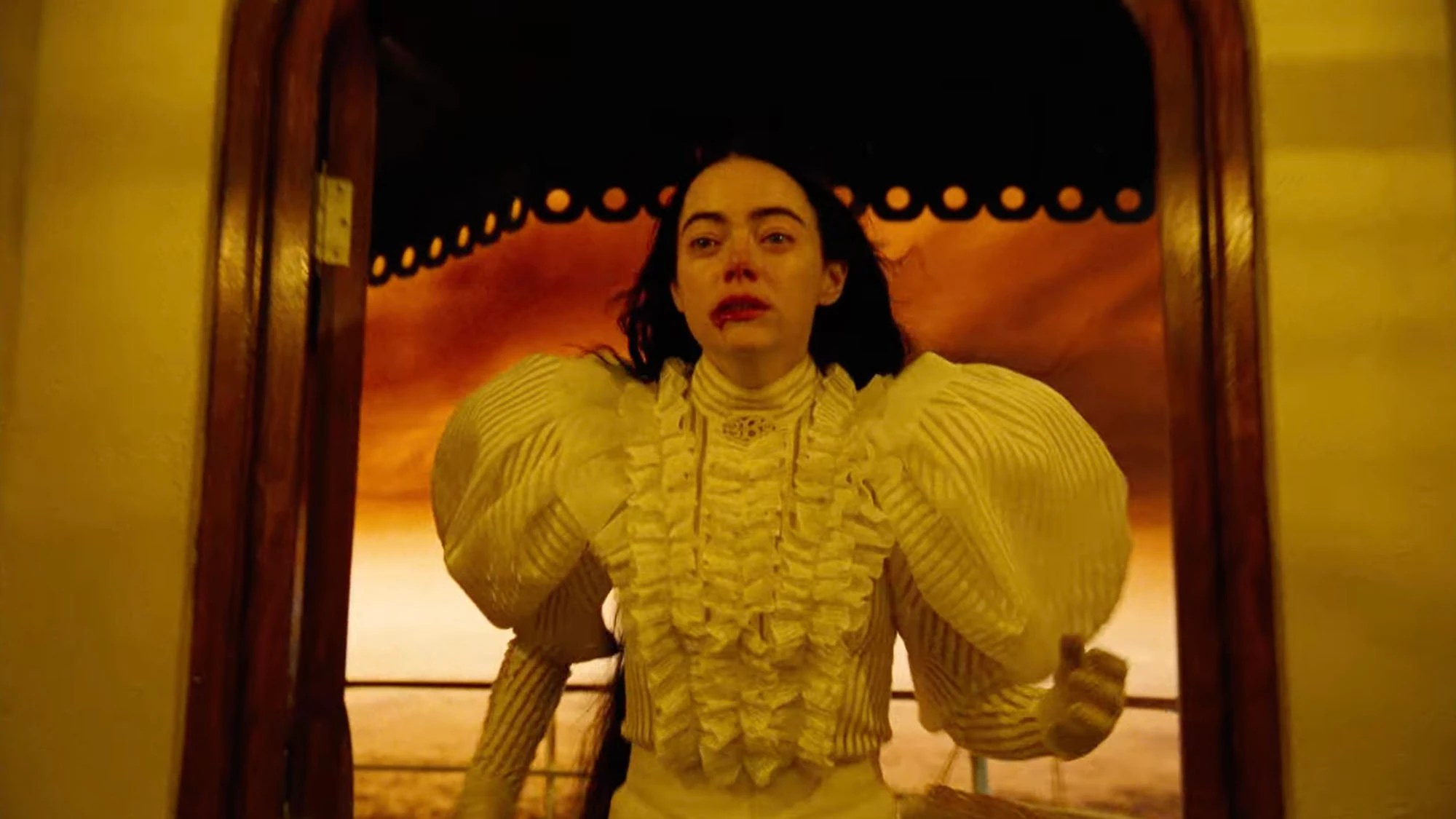
Poor Things, dir. Yorgos Lanthimos
Yorgos wasn’t much of an Oscars boy until The Favourite won over bigger audiences back at the 2019 ceremony. But instead of leaning into the commercial, he’s made a mad-hatter, discourse-stirring adaptation of an old Alasdair Gray book, starring Emma Stone as a Frankenstein-esque woman with a baby’s brain. Poor Things won the Golden Lion at Venice, surely down to the audacity of its director. If anyone can beat Christopher Nolan to that prize, it might be Yorgos.

Barbie, dir. Greta Gerwig
There was a moment where most of us doubted the strength and power of a Mattel movie about a plastic doll — but Greta Gerwig, a multiple Oscar nominee, proved herself to be a deft hand at making even the most commercial of entities achingly personal. Her Barbie is another dead cert nominee at this year’s ceremony — a rare feat for the highest grossing film of the year.

Showing Up, dir. Kelly Reichardt
Kelly Reichardt’s A24 movie follows a flailing artist struggling to do even the most basic life tasks, while watching her friend-slash-landlord make it big in the same industry. A quiet film about success, making things happen and often failing, it stars Michelle Williams and Hong Chau.
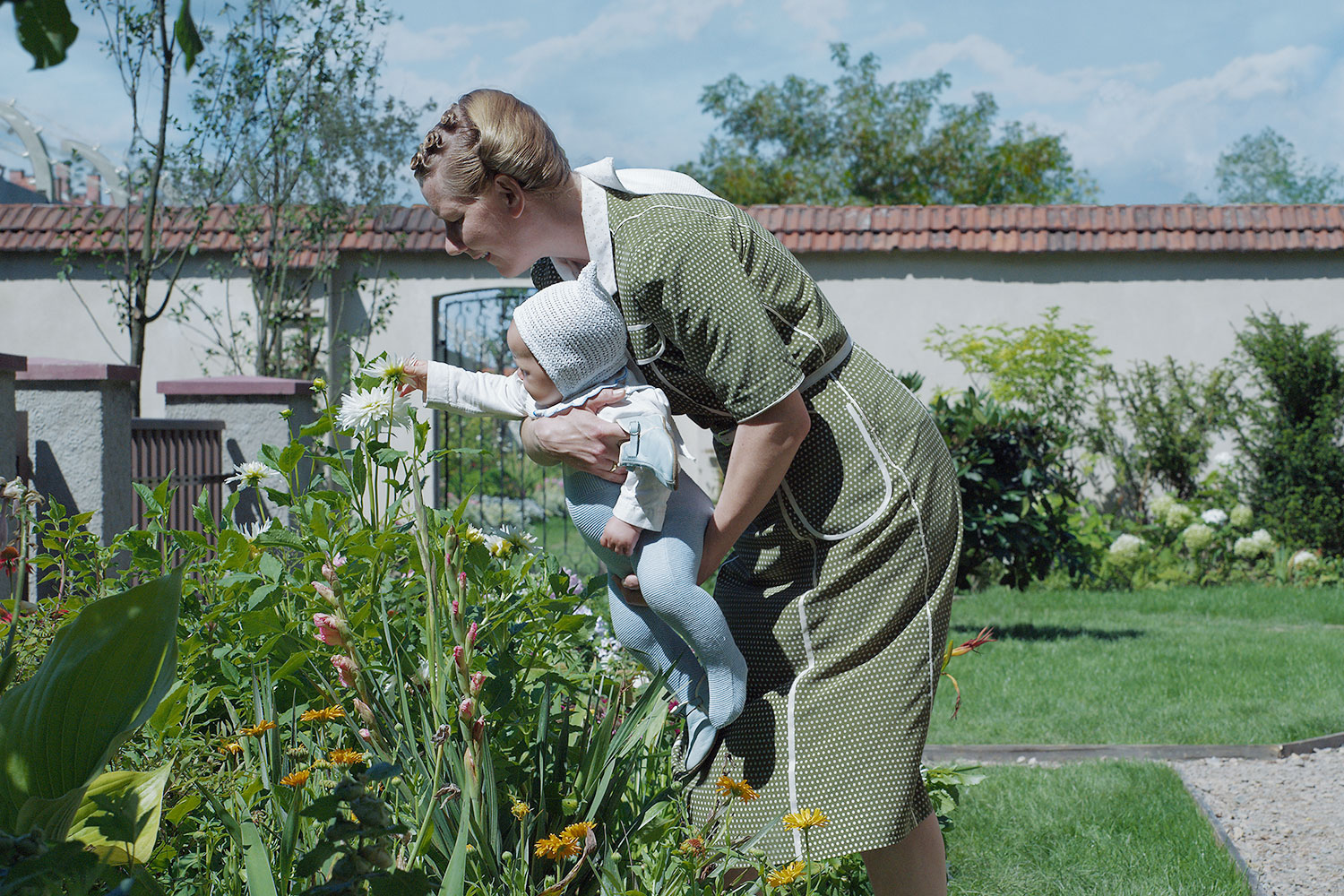
The Zone of Interest, dir. Jonathan Glazer
Ten years after his stirring masterpiece Under the Skin turned Scarlett Johansson into an alien on the streets of Glasgow, Jonathan Glazer has finally made his return to feature filmmaking. This time, he’s managed to make another masterpiece. Loosely based on the Martin Amis novel of the same name (the author died the day after it premiered at Cannes this year), the film follows the domestic life of Auschwitz’s commander, living in a house just over the wall from the camp. The film has a sterile detachedness to it — one of the most unsettling and stomach-churning depictions of human violence put to screen. It’s an indie movie, but is likely to — in a just world — earn Picture, Director and, for our favourite Mica Levi, Score recognition.
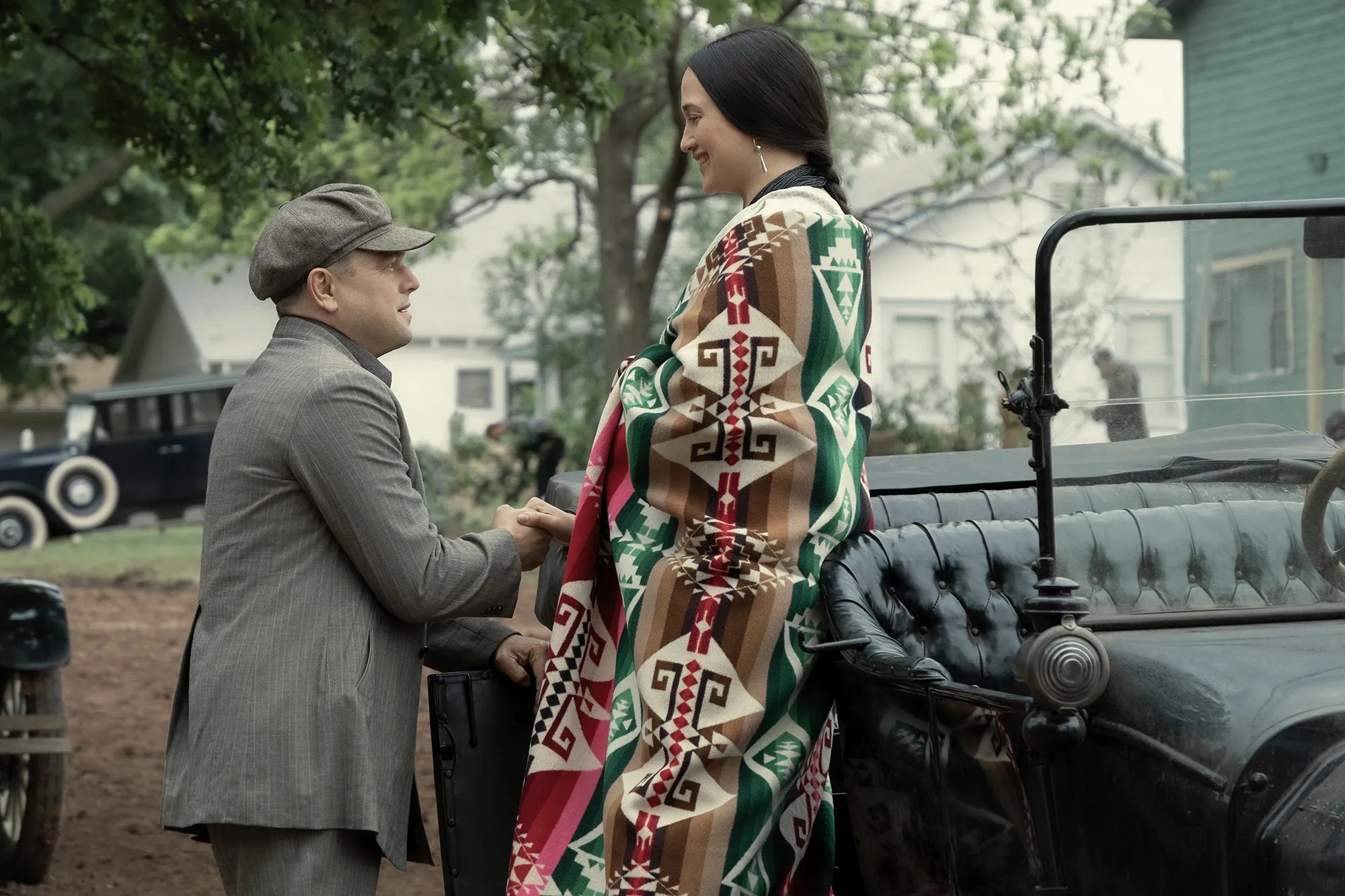
Killers of the Flower Moon, dir. Martin Scorsese
Another director deciding to go all out on the runtime for his new feature is Martin Scorsese, whose film Killers of the Flower Moon runs just a couple of minutes shy of three-and-a-half hours long. His tale, of white men infiltrating an indigenous community in North America with the intention of pillaging the land and stealing their money, has all of the classic Scorsese bonafides. Big, dangerous and thrilling.
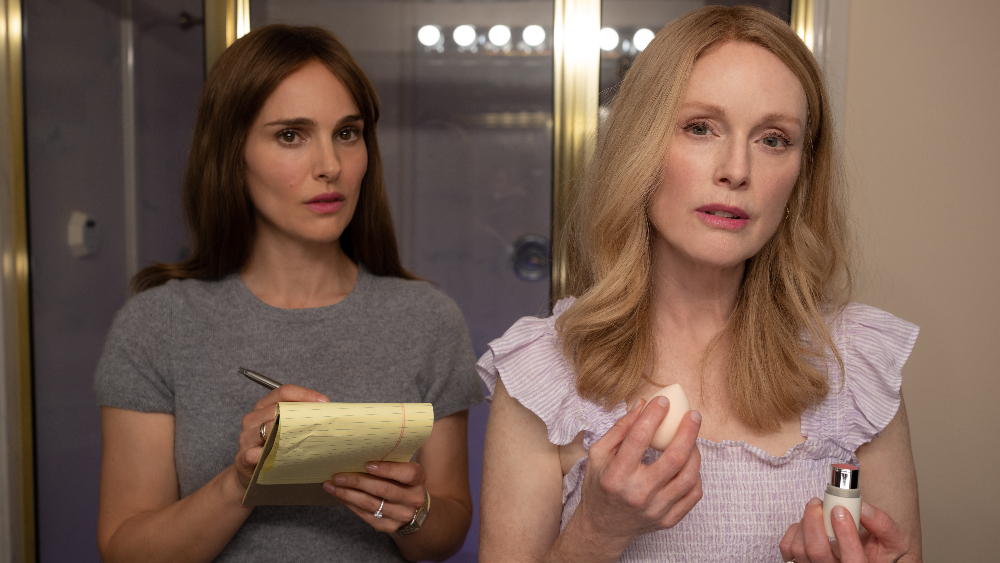
May December, dir. Todd Haynes
A film that feels like it was tailor-made for gay people, Todd Haynes’ excruciatingly camp May December may present itself as too silly for Oscar attention. But its subject matter — an actress, played by Natalie Portman, preparing to play a woman arrested for grooming the child that became her husband by shadowing the woman it’s based on, played by Julianne Moore — is ripe for awards-bait. It’s a sumptuous and scissor-sharp film, and if the Academy knows what’s good for it, it’ll give its two leading actors the recognition they deserve.

The Boy and the Heron, dir. Hayao Miyazaki
Studio Ghibli fans, rejoice! Nearly 10 years ago, the company’s founder Hayao Miyazaki released what he claimed would be his last film. Turns out he was just fucking with us! His new one, The Boy and the Heron, also known as How Do You Live?, has earned rave reviews thus far. Critics are even going so far as to say they hope it becomes one of the rare animated features to crack the Best Picture race.

All of Us Strangers, dir. Andrew Haigh
Having temporarily segued into television after the release of his last movie, Lean on Pete, in 2017, British director Andrew Haigh returns with what might be his most devastating film yet. Set in London, it follows a screenwriter named Adam (Andrew Scott) whose mundane life in front of his laptop is thrown by the arrival of one of the few other people living in his Stratford high rise, Harry (Paul Mescal). As their relationship flourishes, Adam recalls memories of his childhood, and the parents he lost in a car crash when he was 12. Upon making a pilgrimage to the commuter town, and the house where they all once lived, he discovers his parents are there, alive, just like the day he lost them. Though quiet in scale and subject matter, it’s a heart-achingly moving film about the conversations we never get to have.

Maestro, dir. Bradley Cooper
It was a rough start for Maestro, a movie mired by controversy down to Bradley Cooper casting himself as a Jewish man and then wearing a pronounced prosthetic nose to boot. But its mostly managed to transcend those takes. In terms of its filmmaking, critics are a little more mixed on Bradley’s follow-up to A Star is Born — a biopic of the composer Leonard Bernstein — but the respect he’s previously sowed and his status as an actor-director-screenwriter usually means his Hollywood allies will be behind him on this one. It’s often ravishing, often a little slight, but sees Carey Mulligan deliver one of her best performances to date.
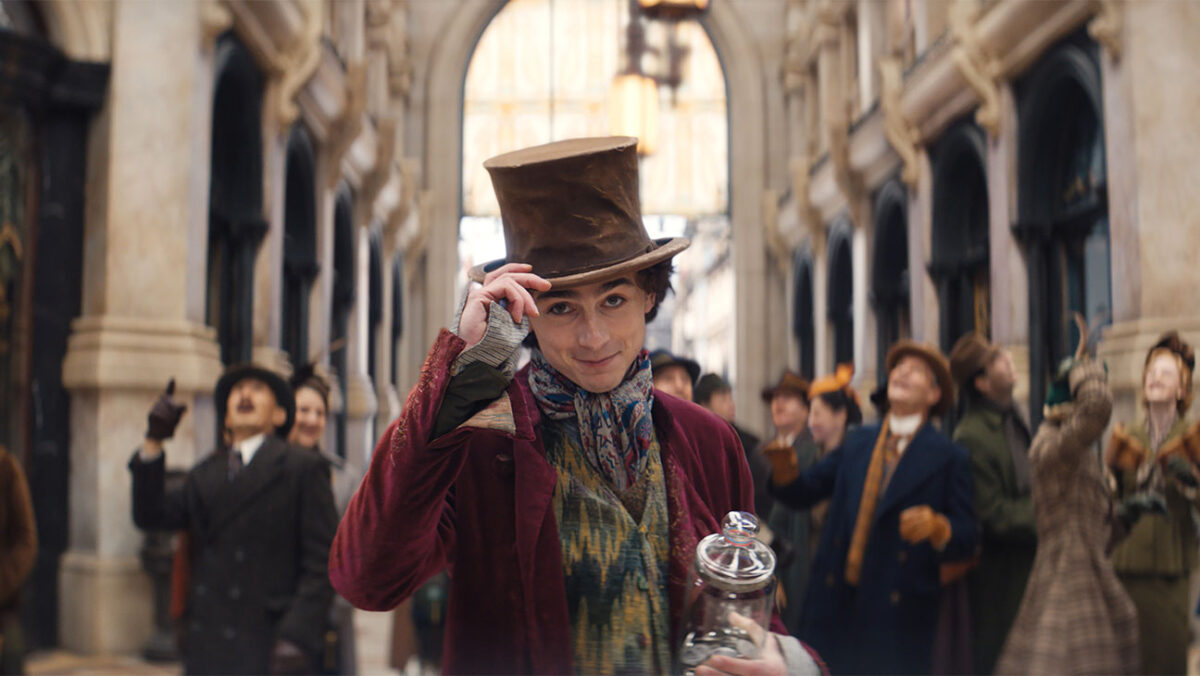
Wonka, dir. Paul King
This colourful movie musical starring Timothée Chalamet opened in cinemas to critical acclaim. An origin story of the titular chocolatier, director Paul King is a dab hand at conjuring family-friendly joy: he’s the man behind the Paddington movies, after all.
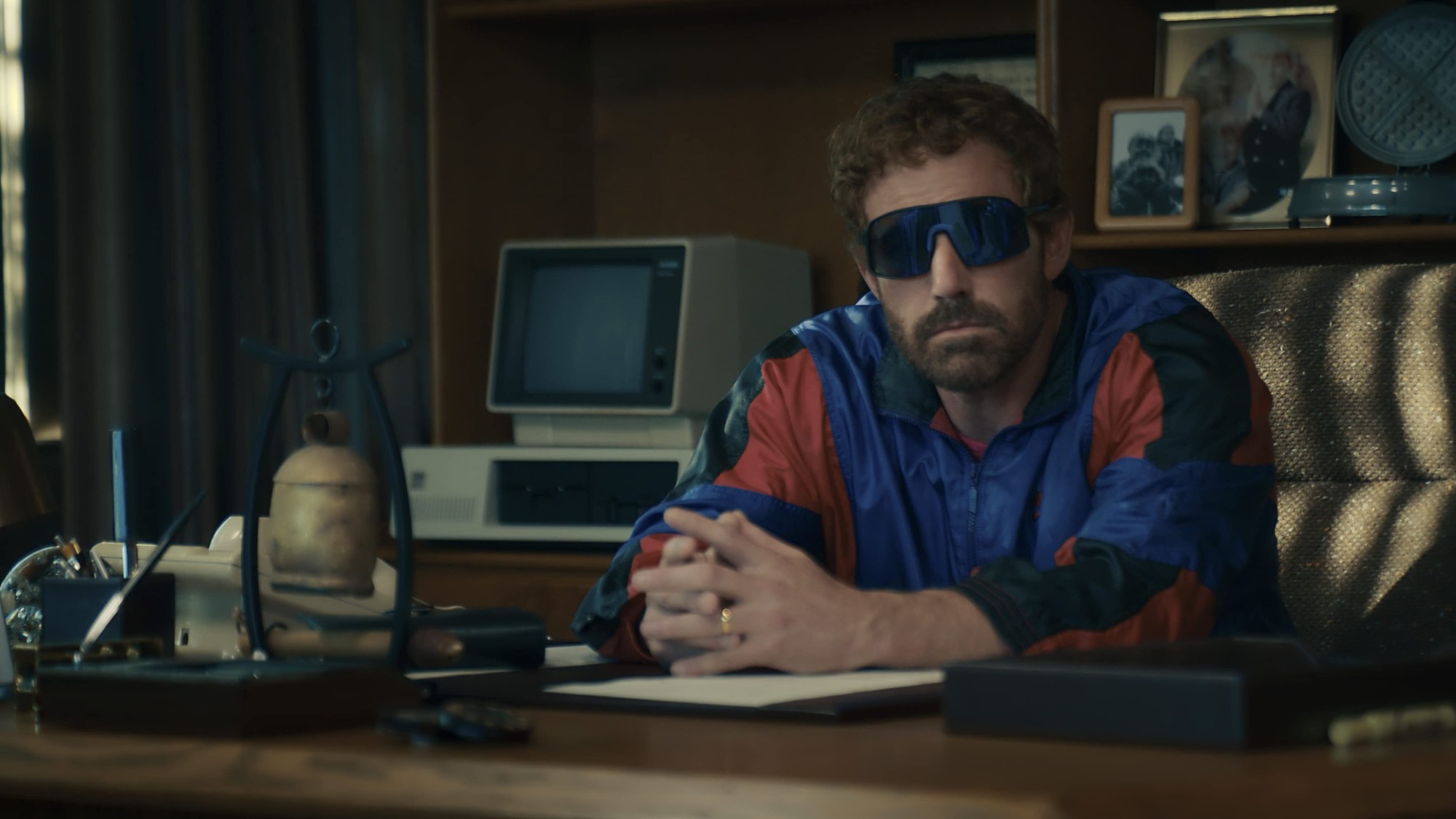
Air, dir. Ben Affleck
The actor-filmmaker Ben Affleck co-fronts this biopic of Sonny Vaccaro, a man who — alongside Nike — pinned down Michael Jordan to create one of the most iconic sneaker collaborations of all time.

Priscilla, dir. Sofia Coppola
The director of The Virgin Suicides’ quiet yet emotionally explosive film about the private life of Priscilla Presley and her famous husband Elvis. Cailee Spaeny, who won the Best Actress prize at Venice Film Festival, is an acting frontrunner.
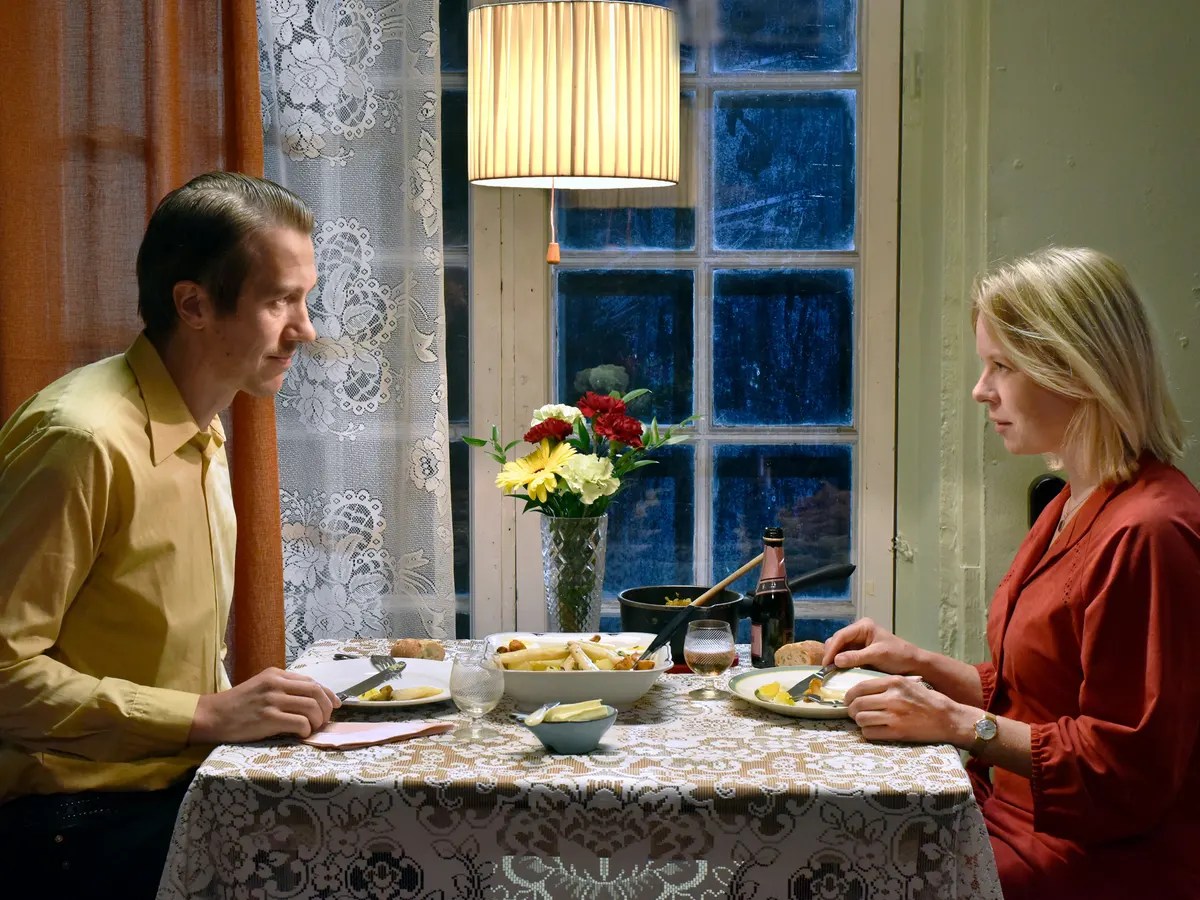
Fallen Leaves, dir. Aki Kaurismäki
A gentle comedy about two strangers who meet and fall in love in modern day Helsinki.



